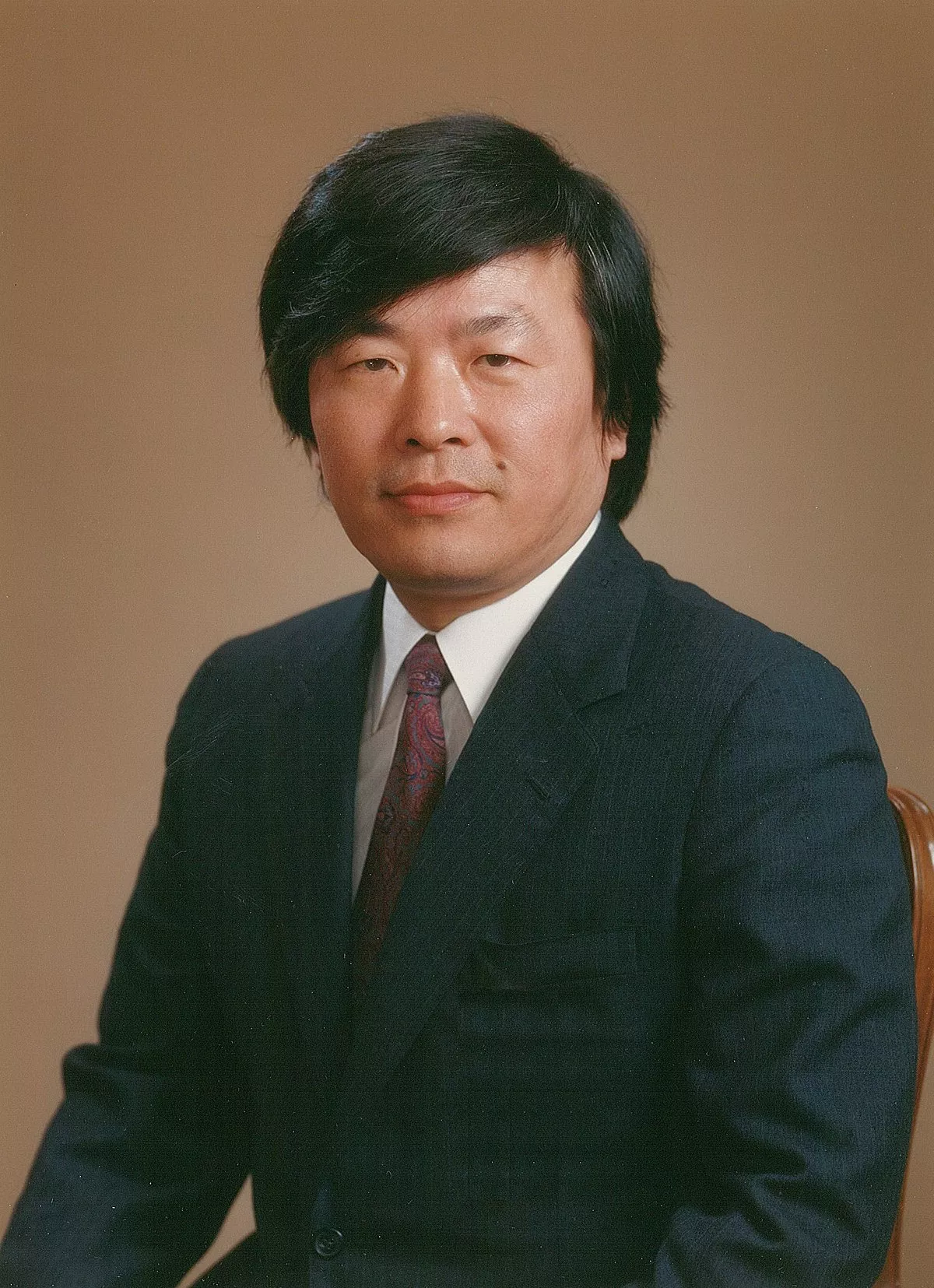 1.
1. Susumu Tonegawa is a Japanese scientist who was the sole recipient of the Nobel Prize for Physiology or Medicine in 1987 for his discovery of VJ recombination, the genetic mechanism which produces antibody diversity.

 1.
1. Susumu Tonegawa is a Japanese scientist who was the sole recipient of the Nobel Prize for Physiology or Medicine in 1987 for his discovery of VJ recombination, the genetic mechanism which produces antibody diversity.
Susumu Tonegawa was born in Nagoya, Japan and attended Hibiya High School in Tokyo.
Susumu Tonegawa graduated from Kyoto University in 1963 and, due to limited options for molecular biology study in Japan at the time, moved to the University of California, San Diego to do his doctorate study under Dr Masaki Hayashi.
Susumu Tonegawa conducted post-doctoral work at the Salk Institute in San Diego in the laboratory of Renato Dulbecco.
In 1981, Susumu Tonegawa became a professor at the Massachusetts Institute of Technology.
Susumu Tonegawa resigned his directorship in 2006 and currently serves as a Picower Professor of Neuroscience and Biology and a Howard Hughes Medical Institute Investigator.
Susumu Tonegawa served as Director of the RIKEN Brain Science Institute from 2009 to 2017.
In experiments beginning in 1976, Susumu Tonegawa showed that genetic material rearranges itself to form millions of antibodies.
In 1983, Susumu Tonegawa discovered a transcriptional enhancer element associated with antibody gene complex, the first cellular enhancer element.
Shortly following his Nobel Prize, Susumu Tonegawa again changed fields from immunology to neuroscience, where he has focused his research in the ensuing years.
Susumu Tonegawa's lab pioneered introductory transgenic and gene-knockout technologies in mammalian systems.
Susumu Tonegawa was involved in early work demonstrating the importance of CaMKII- and the NMDA receptor-dependent synaptic plasticity in memory formation.
Susumu Tonegawa's lab discovered that dendritic neuronal spines in the temporal cortex are a likely target for treatment of Fragile X Syndrome.
Susumu Tonegawa was an early adopter of optogenetics and biotechnology in neuroscience research, leading to his groundbreaking work identifying and manipulating memory engram cells.
Notably, Susumu Tonegawa has uncovered the role of memory engram cell ensembles in memory valence, social memory, as well as their role in brain disorders such as depression, amnesia, and Alzheimer's disease.
Susumu Tonegawa is a fan of the Boston Red Sox, and threw out an opening pitch during their 2004 World Series championship season.